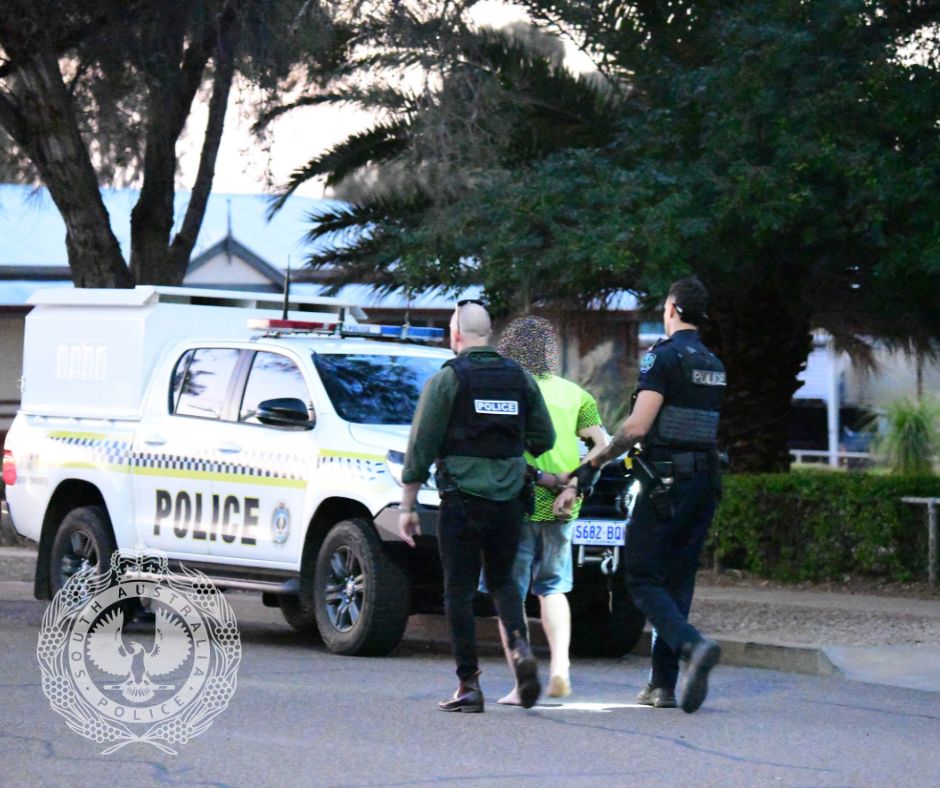There’s no question the waste crisis is something we must address from the top-down. But there’s something to be said for viewing rubbish through a different lens – after all, one person’s trash is another person’s treasure.
By Rick Spencer
‘One person’s trash is another person’s treasure.’ It’s a well-worn quote that has shaped my current understanding and belief system about waste. The bin is a place of unknown surprises. It is aligned with my ethical lens that views rubbish through a consequentialism perspective, in that rubbish is a valuable source for acquiring new things and saving materials designated for landfill.
The management of household waste has always been an area that has transformed my way of seeing the world. The bin was a hidden fixture in my family home, and I regarded anything that was discarded was to be placed in the bin, and it would just get taken away by a truck.
I was socialised to believe that everything had a use-by date, and then it had to either be discarded or replaced. This binary notion of things resonated in my mind during my early childhood and adulthood. I remember the weekly ritual of the smelly truck coming down the street as the man dressed in grey overalls would run to the front of the gate and hurl the contents of the bin, and then the crashing sound of the metallic bin rattle with its lid back onto the nature strip.
The bin symbolised a place where things would be discarded; a final resting place for the unwanted, decomposing, an end life of living and non-living thing. Once an item had entered that space it could not be retrieved, as I feared if I had removed anything that was placed in the bin, I could be in direct contact with germs that could lead to an infection.
The idea of death was reinforced through my indoctrination to the Roman Catholic faith that preached about life in terms of deontological ethics. I had observed my parents placing dead birds and fish into the waste bin and I had made the connection that anything that had died went into that space. My early moral ethical development was based on the premise of good and evil, with waste representing something that belonged to the evil realm and was to be avoided.
This conscious feeling of disposal was further inter-related with the process of death and the coffin being a symbol of the disposing of waste. It was later in life when I started questioning some of the philosophical ideas of liturgy that I reframed my moral ethics alongside consequentialism ideas that the world of waste has a purpose. I no longer viewed discarded items as forbidden and out of reach. My ideas about waste was transformed. Waste represented a space where discarded items could be reborn and transformed into a new existence.
Once I had commenced a degree in the 1990s majoring in sociology, my level of understanding of rubbish was challenged and reframed with notions of renewability and the cultural and social significance of waste management. Examining the way post-modern societies constructed products using non-biodegradable materials to supply the increased demand of rapid consumption, I was able to understand the sociological reflections on governing waste.
I began to view rubbish accumulation as a by-product of capitalism through mass consumption of products with the constant upgrade of technological equipment that encourages all users to upgrade and spend. The constant cycle of new products and materials being developed and distributed to consumers has exponentially increased the demand for more land space to house the waste. I wanted to make my own contribution to reduce waste fill, and decided to embark on recycling as a lifestyle and way of living that was congruent with my wider beliefs regarding environmental management.
In recent years the push for recycling of renewables has filtered globally with the message that refuse that was previously hidden in poorer countries has now reached a peak where demand for space is outweighing the supply of the waste. There is a growing movement that is reimagining how consumption can be made to be biodegradable and reduce the waste accumulation problem which threaded through to the ecosystem and impacted upon space, carbon footprints. I’ve used the bin as a source to regenerate my garden and produce compost. Waste as an industry was explored in detail throughout the late 1990s through the media, which helped me consolidate the interconnection with political economy of the country.
The management of waste as a global movement has shifted my own perspectives to consider consumption. The bin has now gained a new significance in its importance with responsibility shifted to the individual to act from a local level and consider waste as a global issue.
The rubbish bin has shaped my understanding of the world around me both, from a micro and macro perspective. Through this exploration of environmental connectivity, I have been able to situate my philosophical underpinning with consequentialist moral theory as applied using Peterson’s (2013) frame of reference: that the act of finding things in a bin is the right thing to do as I am on a fixed income, it’s already been discarded and, importantly, it is helping the local and global waste reduction crisis in the world.
I now embrace the rubbish bin as a beacon of light, providing possibilities that are reshaping my life through the process of one individual’s junk is another individual’s treasure to be. I no longer fear organic decomposition and regard death as a continuum of life. The footprints of rubbish refuse can be restructured and lead to a reduction in waste disposal and land degradation.
Rick Spencer is a student at the University of Melbourne’s Graduate School of Education.
The views and opinions expressed in this article are those of the author and do not necessarily reflect the official policy or position of the Greens.






